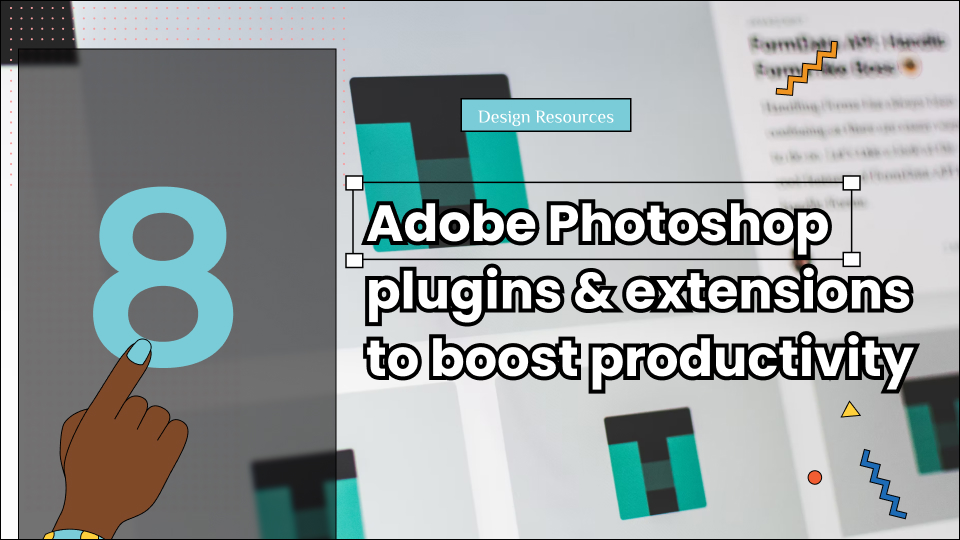A perfect website isn’t ranking on Google because of one small fault in code, a catastrophe.
Learning SEO basics for web developers ensure you avoid such a catastrophe at all costs and makes the coordination between SEO experts and web developers more constructive.
Yes, we can imagine how it can drive some web developers crazy to think they’d have more on their plate. But don’t worry, we aren’t adding more to the list. Instead, we are going to make it more time-effective.
Going back and forth between SEO and web development wouldn’t be great. Good SEO is a team effort. If everyone knows what they are doing and what they should be doing, it will save time and bring better results.
So here’s a comprehensive guide of SEO basics for web developers, so they can achieve more by doing less.
Let’s begin!
Table of Contents
What is SEO?
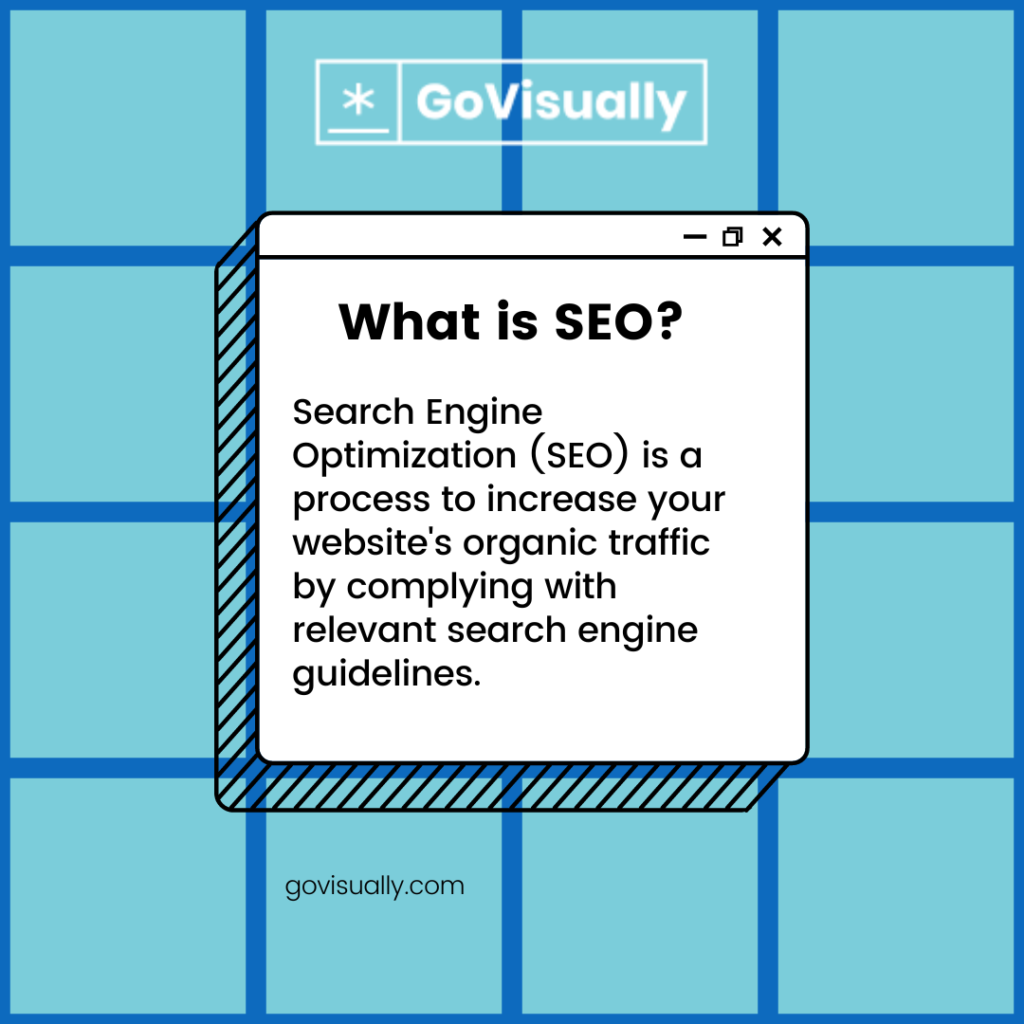
SEO in action would improve your website’s ranking on the search engine results pages (SERPs) and eventually drive more audiences to your web pages.
In the current digital scene, SEO remains as important as ever. And while SEO experts play a vital role in making it successful, web developers are a much-needed ally to win the search engine rank wars.
There are many different reasons why, but we’ll tell you one. Everything related to SEO is also directly related to web development. That explains how important it is for web developers to know SEO basics but let’s get more details.
Why is knowing SEO basics for web developers important?
Most of the time, web developers are only concerned with making the website work properly. But if you keep neglecting the factors that affect SEO during web development, they will stack up and make it impossible for your website to rank better. Also, once completed, it will become extremely difficult to track where the fault lies and how many.
Utilizing SEO basics for web developers from the beginning is essential to make the whole web development process effective. Websites should be developed with SEO in mind, and the base structure for SEO should be established right where web development begins.
That will help your website align better with SEO needs and allow your SEO experts to take it a step further to beat the competition and save you the trouble of going back and making changes from square one.
Website development and SEO are two very different skills. SEO is one of the crucial marketing operations with less to do with web development. However, it’s a given that web developers don’t need to be trained in SEO. Maybe that is why web developers get confused about how they should approach SEO in their development process.
We’ll make it simple. Every web dev only needs to know these 5 fundamentals of SEO to ensure they’re doing it right.
The 5 fundamental concepts of SEO
Five pillars that support SEO should be considered during website development to meet search engine guidelines.
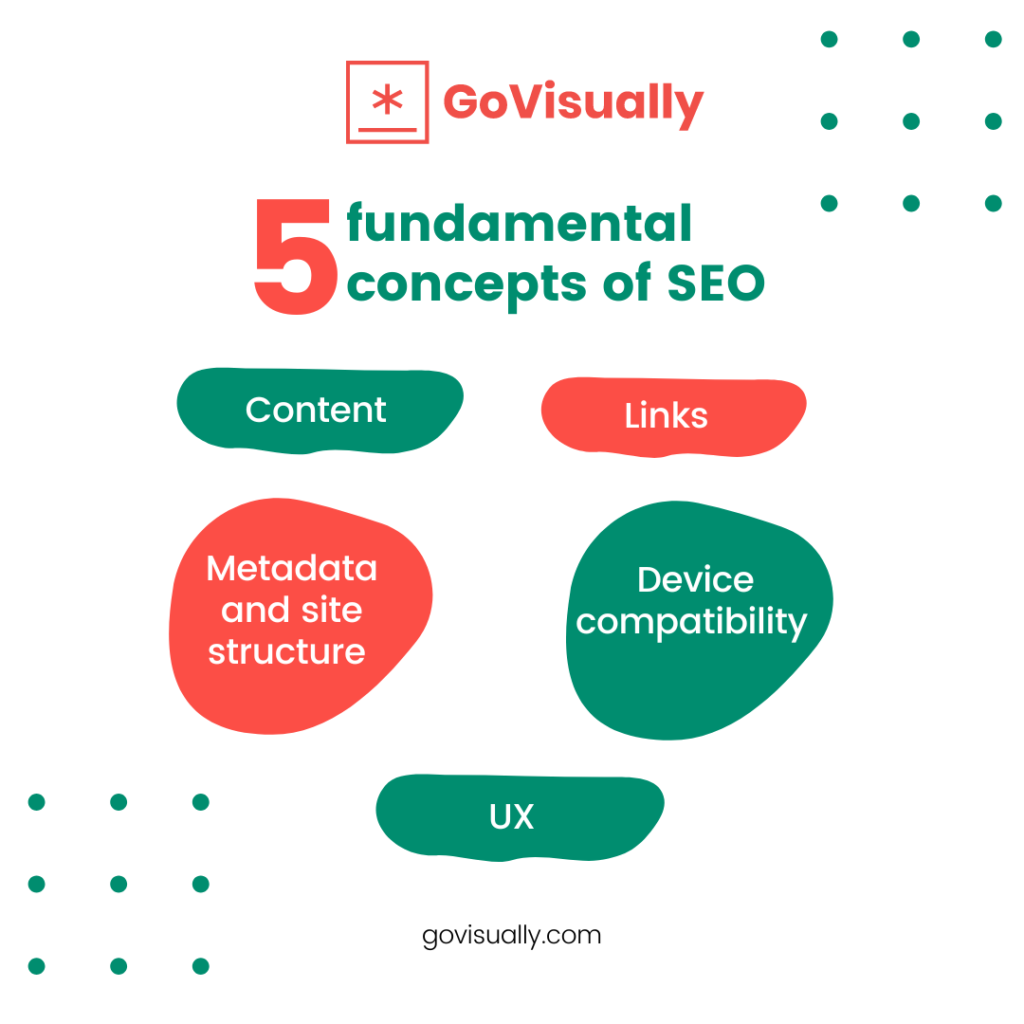
Links
Link building is one of the most significant aspects of good SEO. Your website will never make it out of the lower ranks without links. Links have remained the key ranking factors for Google for years, and it continues to remain an essential tactic.
Your backlinks have to be properly running, have high authority, and should not slow down your website. If they don’t meet these requirements, consider changing them with other sources.
Content
At this point, whether you’re a marketing professional or a common businessman, you must already be familiar with why good content is necessary for every step of your digital journey, especially for advertising strategy.
Making a website is pointless if it doesn’t have great content. Search engines like Google are obsessed with new, innovative, and user-oriented content because the people who search on them are always hungry for unique and more specific information. The content keeps people on your site and leads them down the conversion funnel.
Metadata and site structure
Search engines root for quality metadata and amazing site structures. It’s probably because that’s the first thing search engine bots crawl and your audience sees on the results page.
Metadata isn’t a direct ranking factor, but it contributes to increase click-through rates (CTR). Creating metadata might not be a developer’s job but executing it perfectly in the code is.
UX
The digital realm is a user-driven world. And to be a leading website in this world, your user experience should be outstanding. Google collects data on how the audience behaves on your web pages and ranks them accordingly. If your website is the people’s choice, it will also be the search engines’ first choice.
Google’s search algorithm uses more than 200 factors to rank websites, and many of them are related to website design and UX.
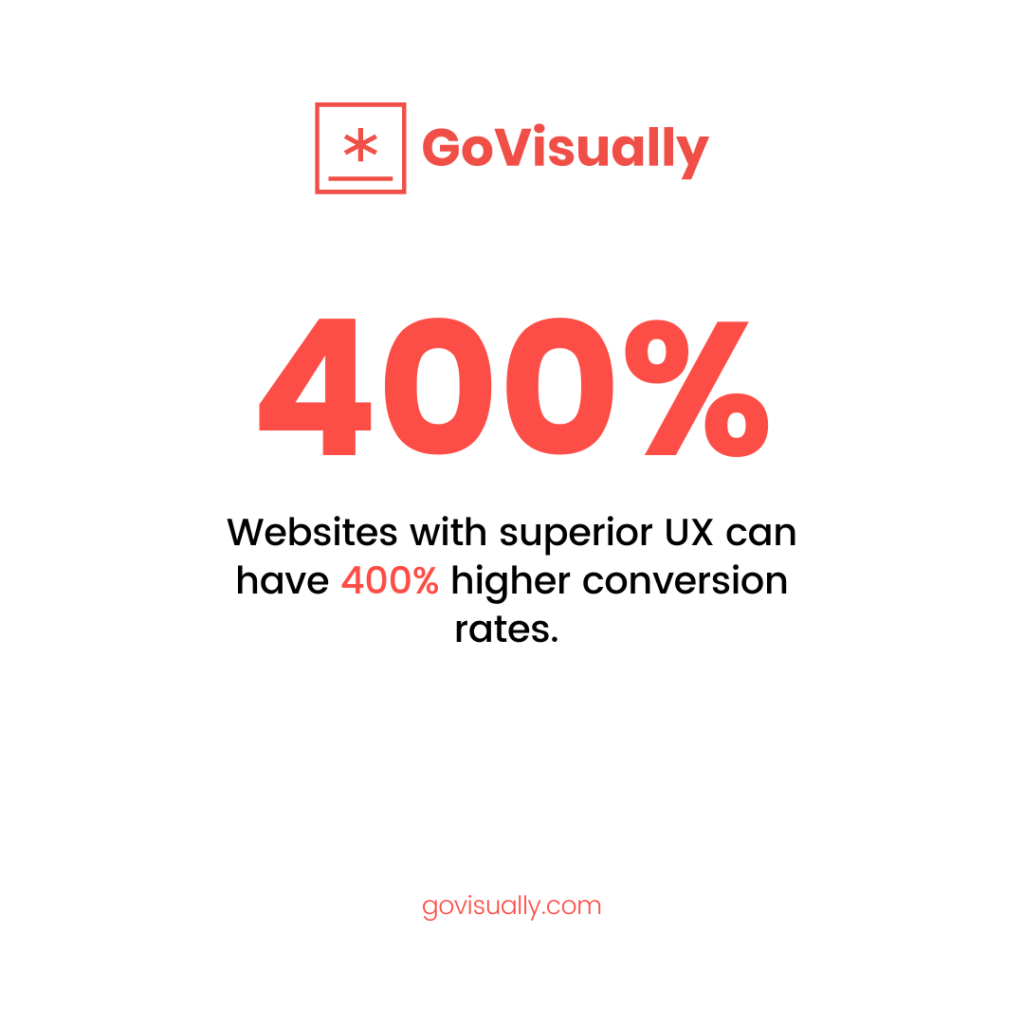
This is the main SEO factor that can not be implemented without a web developer’s expertise. From page load speeds to accessibility and design can make or break your SEO strategy.
Device compatibility
A website’s compatibility with various devices is also a major ranking factor for the recent Google SEO guidelines. Of course, our web developers deserve all the credit for making them functional across all devices and operating systems.
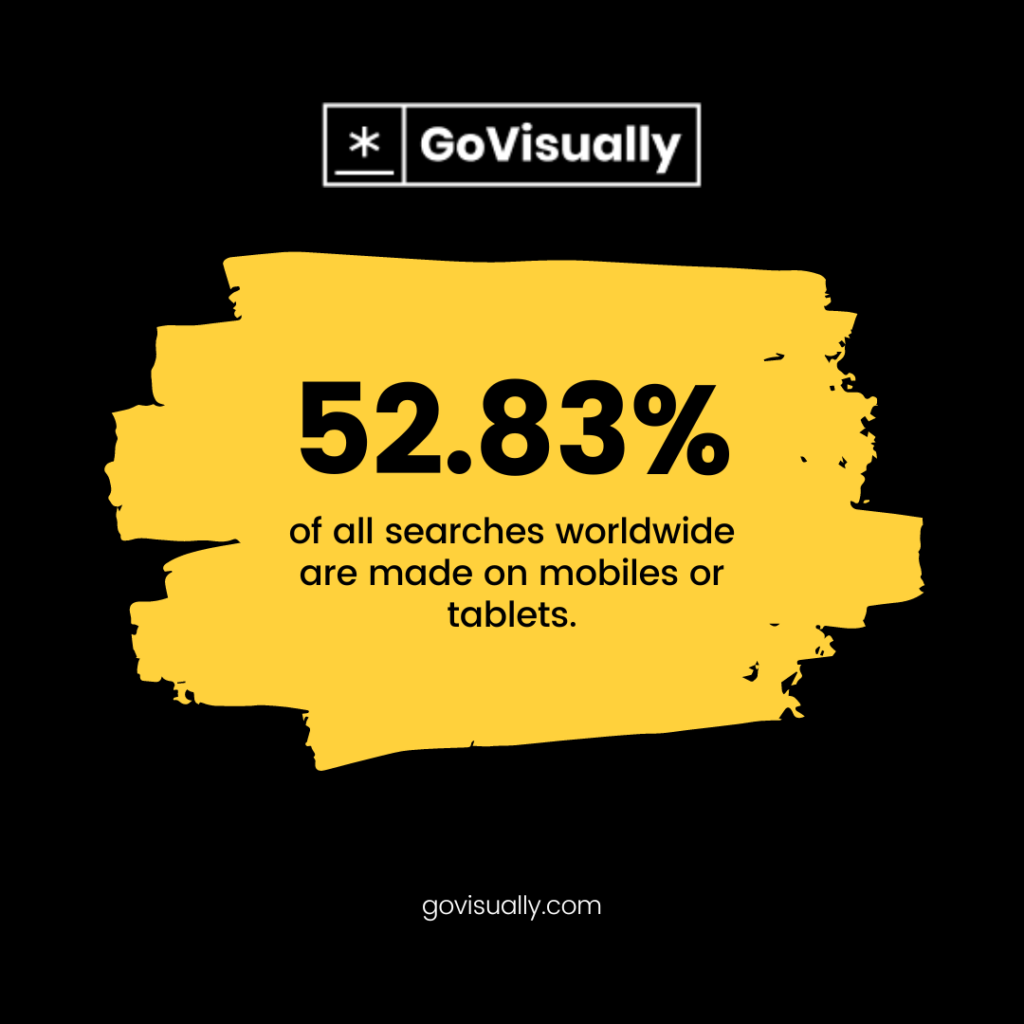
Merely acknowledging these factors won’t do you any good as a web developer. You should also know what role you will be playing by incorporating these basics into your development process.
12 SEO best practices web developers should work on
There are 12 best practices of SEO every web developer should work on, and we have listed them here for you!
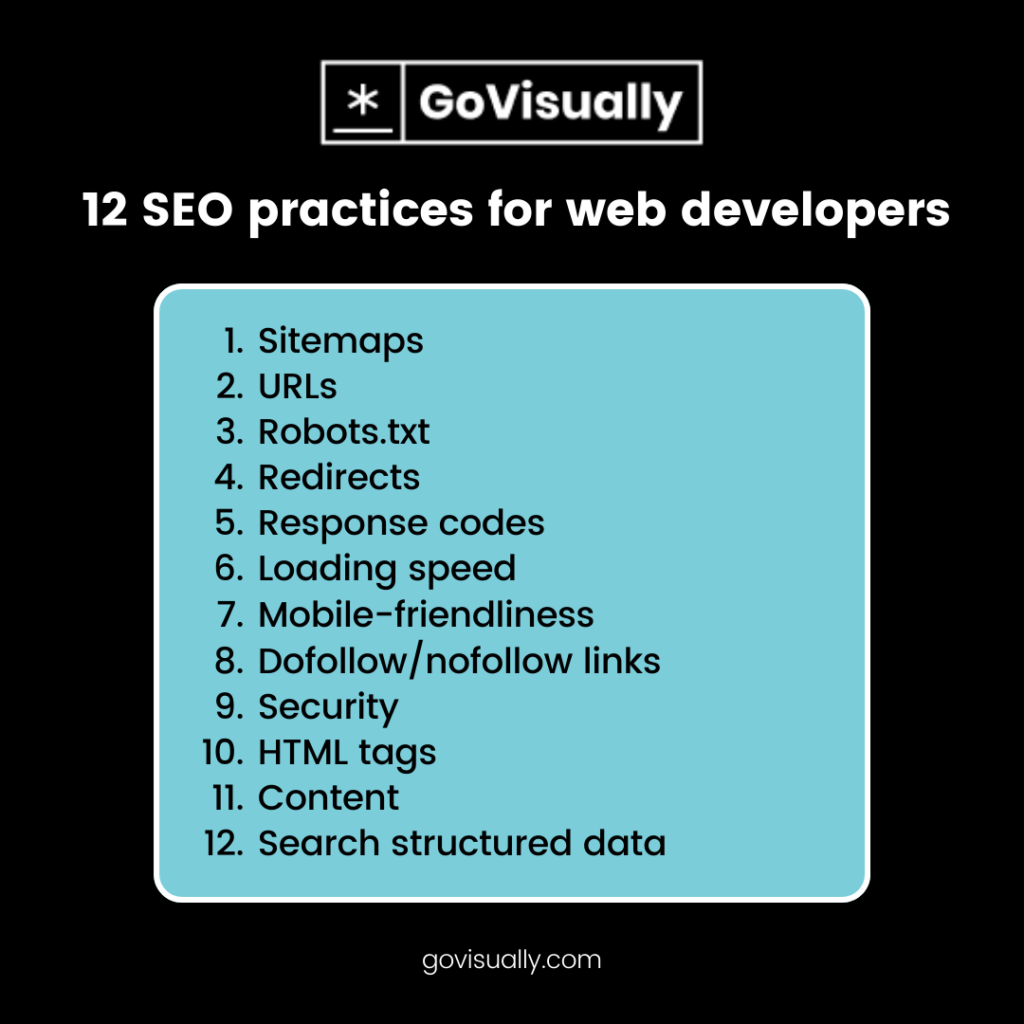
1. Sitemaps
Better crawlability plays a vital role in SEO. When a search engine is trying to index your website, it should be able to crawl your entire site. If the search engine has issues indexing your website, it’s quite natural that it will rank you lower regardless of how good everything is. Add sitemaps.
Adding a sitemap ensures that your website is indexed properly. While you’re at it, ensure all pages listed in your XML sitemap are free of 404 errors, wasteful redirects, and have a clean code.
Check out the complete guide on creating a sitemap for any website.
2. URLs
Talking about clean codes and making the site crawlable, ensure the URLs are structured to match the content hierarchy in the navigation and sitemaps.
Well-structured URLs are clear, contain keywords to show the webpage’s subject matter, have no special characters or spaces, and are lower case.
For example, if you’re searching for pasta, a URL like https://www.example.com/index.php?id_wca=270&clcp20sap is a horrible idea does not convey any information about the link’s content.
Instead, https://www.cooksbooks.com/recipie/pasta is an SEO-friendly URL that will help convey your webpage’s information and rank it higher.
Learn how to create good URL structures as web developers consistently.
3. Robots.txt
A robots.txt file regulates how bots will crawl the website. This harmless code can cause great damage to your SEO if not checked. If it’s unintentionally blocking your webpages from being crawled, your SEO will never work because your site will not be properly indexed.
Web devs often ignore this factor because robots.txt is a useful tool for stopping search engines from crawling unwanted pages but stay on the lookout for faulty robots.txt files that can hinder your actual page from indexing.
4. Redirects
With the ever-evolving digital landscape, everyone is improving and recreating their old domains and sites with advanced features. Redirects can be an important factor in SEO for smoothly leading users to the right page during a website’s migration and launch process.
Using 301 and 302 redirect codes properly is important. You can not simply trust the code to be rendered. Use tools to test the redirect codes regardless of how many pages you’re redirecting to the same destination.
Redirects are also essential when shifting site equity to a newer one, so your authority is damaged. Google will continue to rank you as it was or higher based on advanced features from your website.
5. Response codes
So far, server response codes matter the most in developing better UX. As a web developer, make sure you’re doing your best at maintaining great UX by implementing the right response codes and making the web site’s navigation and actions easy and accessible.
Ensure your pages are supporting 200 server code, and if you don’t need redirects make sure to remove them to make navigation more convenient.
6. Loading speed
Talking about UX? How can we forget leading speed?
Faster loading speed is among the most useful SEO tactics in this era. Google encourages websites to have better loading speed, and its native speed assessment tools are available for developers.
Search engines want to lead users effectively and quickly to your page to answer their queries. If your page speed is slower than your competitor’s website, Google will likely prioritize ranking them above. A slow-loading page will also have a high bounce rate, and your SEO will be useless if that happens.
You can ensure better page loading speed by optimizing images, compressing large files, improving server response time, and reducing page redirects.
7. Mobile-friendliness
Smartphones keep getting smarter. Search engines keep setting the bars higher for mobile SEO factors.
Nobody is carrying around a desktop for quick searches. Most of them are made on the phone. A mobile-friendly site will always rank better than a desktop-only supported site. So as a web developer, you must make sure the website is compatible with a range of devices for good SEO.
Google also uses mobile-first indexing, which means your website’s mobile version gets crawled first. So if you want to be your search engine’s favorite, make sure your website works great on mobiles.
8. Dofollow/Nofollow links
Yet another pillar of SEO. Dofollow links, in simpler terms, are backlinks. When crawlers read do-follow links, they don’t associate the link to your website. Instead, they take it as a sign of one website affirming the quality and authority of another website.
Dofollow links help increase your website’s domain authority and let the search engines know that its content is valid and useful, contributing to SEO and better ranking.
As a developer, you should know how to use link building to assist the search engine optimization process. Nofollow links don’t add value to your website in terms of SEO, but they can bring traffic from one site to another. Crawlers read nofollow links to see where they link to but don’t take them as a ranking factor.
9. Security
Site security isn’t related to a single pillar of SEO or belongs to the list of SEO basics for web developers to know. But you must understand that it is an integral part of SEO too. You need to make sure you have an SSL working without error. The website doesn’t have vulnerabilities that could be used to hack, inject a virus or manipulate content.
Also, make sure the pages your website is linking to are secure. An unsecured website can damage the user experience and the authority search engines give.
10. HTML tags
To make site navigation easier for both the users and the search engines, use HTML tags the right way. That’s all we got to say.
11. Content
If you’re using a CMS functionality for content management on your website, create proper guidelines for the content team. Many on-page elements of SEO, such as images, GIFs, PDFs, videos, and other media, can lead to poor page loading speed and lackluster site structure.
Using dynamic aspects as mentioned above for site structures and maintaining loading speeds can help you ascertain the stability of your website while keeping the content intact.
12. Search structured data
Google’s guidelines appreciate searching structured data from websites. While the SEO team doesn’t help with the design thinking here, web developers are the main characters to make sure it works and shines.
Web developers know how to format a page to make it readable by both users and search engines. Using search structured schema markup allows them to use formatting to its true potential. It helps Google know what’s on every part of your page and the questions each page answers, leading to a better ranking. This is the great fusion between content and UX.
Key takeaway
The main goal behind creating most websites is to drive more traffic. For that reason, the collaboration between web developers and SEO experts is crucial.
Good web devs already contribute much to SEO by making user-friendly websites. However, knowing SEO basics for web developers enables them to make better decisions and create a website with that extra competitive edge to outshine others.
Share your feedback if you’ve found this brief SEO guide for web developers. And if you’re a web developer, let us know how you approach SEO and share your methods.
Want to send big files?

Need a quick way to share large files and creative assets?
With GoVisually Share, it’s absolutely free! Try today.

